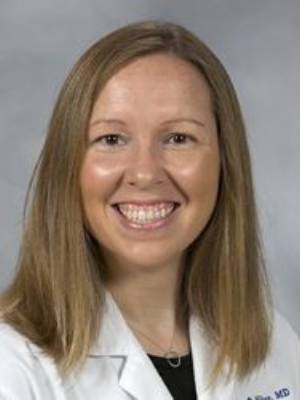Revolutionizing cancer treatments: CAR-T therapy brings hope to chemo-resistant patients

Cancer centers across the nation are moving towards expanding immune-therapy strategies that use a patient’s immune system to fight cancer.
Chimeric Antigen Receptor T-cell therapy, better known as CAR-T, is a new strategy which targets tumors that do not respond to chemotherapy. Essentially, scientists re-engineer a patient’s cells to target the tumor, creating a living immune regulatory system which controls and kills the cancer.
Dr. Carter Payne Milner, member of the UMMC Cancer Center and Research Institute (CCRI) and associate professor in the Division of Hematology and Oncology, believes Mississippi is on the same path to offer patients, who are resistant to chemotherapy, more time to live.
“Currently, UMMC doctors are utilizing the CAR-T therapy on adult patients with relapsed B-cell lymphomas, including diffuse large B-cell lymphoma and follicular lymphoma, as well as pediatric and adult patients with relapsed B-acute lymphoblastic leukemia," said Milner. “Expanding clinical trials and CAR-T therapy at UMMC will offer an alternative strategy for long-term survival for patients who do not respond to chemotherapy. Patients will have an improved survival rate with their particular cancer that would have otherwise taken their lives.”
First, doctors extract a patient’s white blood cells, including T-cells, through a blood-filtration process known as leukapheresis. Next, the cells are sent to a company where they are reprogrammed to recognize cancer cells that they are being engineered to target. The patient then receives lymphodepleting chemotherapy to destroy their native T- cells prior to the infusion of the newly-engineered T cells. In compliance with the FDA, there is strict quality testing before they are released back to the patient.
“During post-infusion, we monitor the patients for 30 days for cytokine release syndrome and neurotoxities, as the newly engineered T-cells target and treat the tumor,” said Milner. “As the patient meets different points in time, we continue to monitor whether they are responding positively. It is our hope that patients with refractory lymphoma and leukemia who receive this therapy may be cured, and thus, will no longer need chemotherapy."
Ultimately, Milner hopes that the expansion in clinical trials to examine solid tumors will strengthen UMMC’s current position as a premier site for cancer therapy.
“There is hope in cancer care,” she said. “CAR-T therapy provides hope when there are no other options available. This therapy allows physicians the opportunity to walk with their patients during a challenging part of their lives, but at the same time, offer them a meaningful chance for long term survival.”


